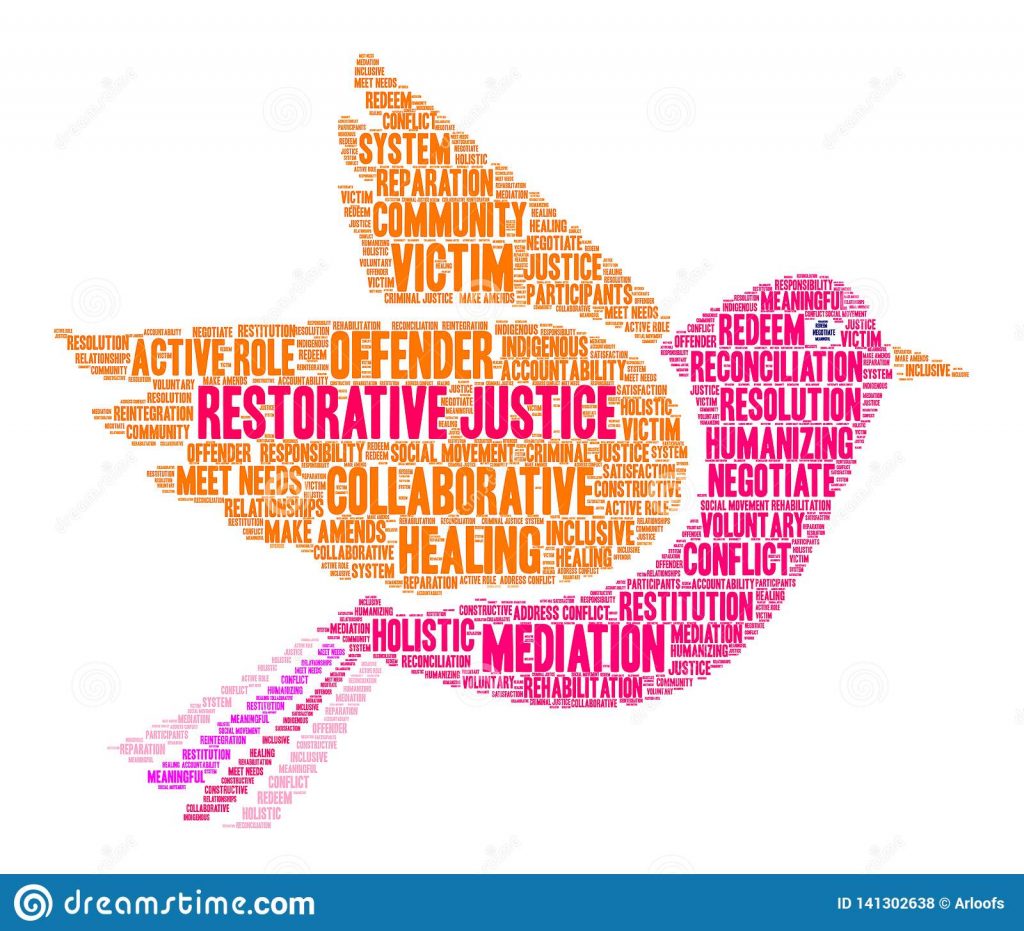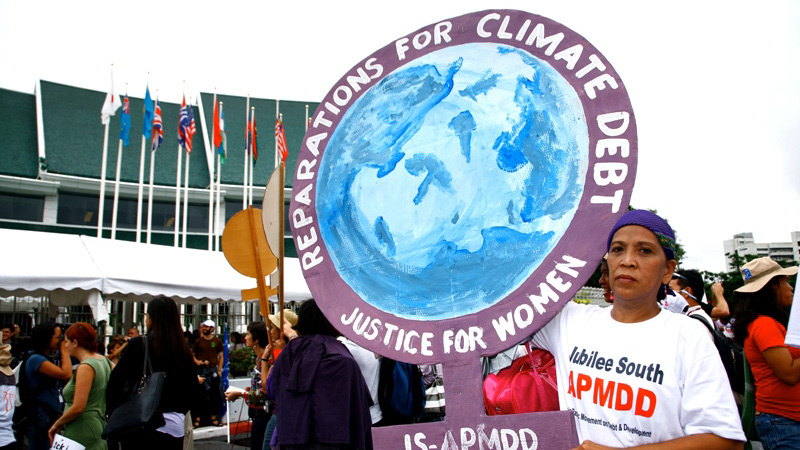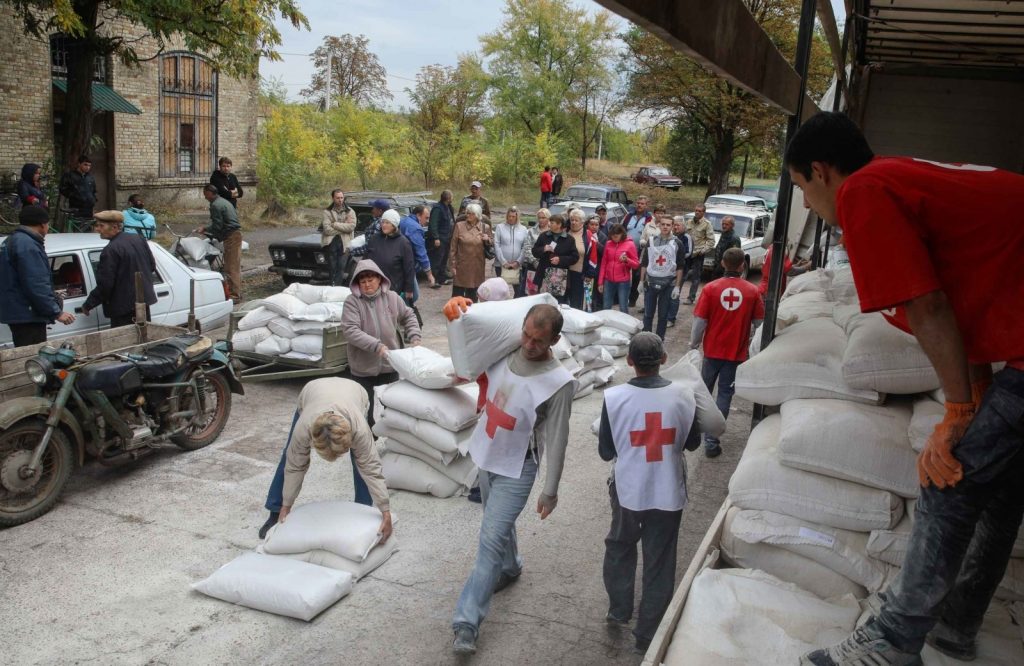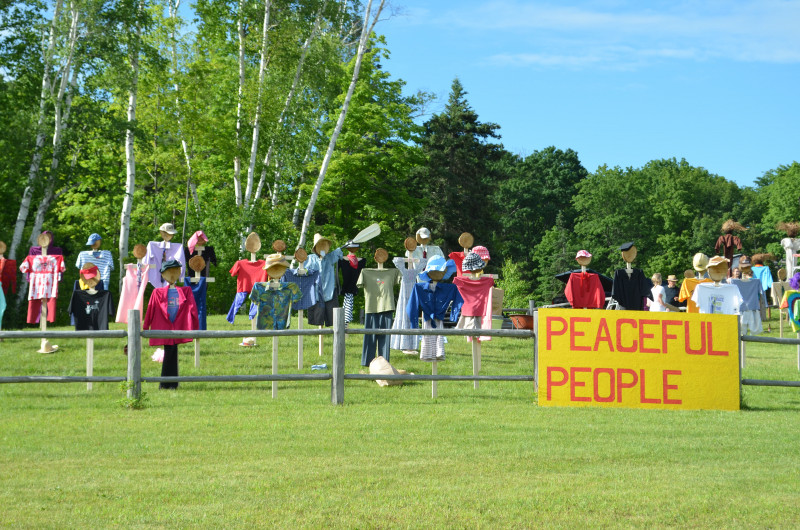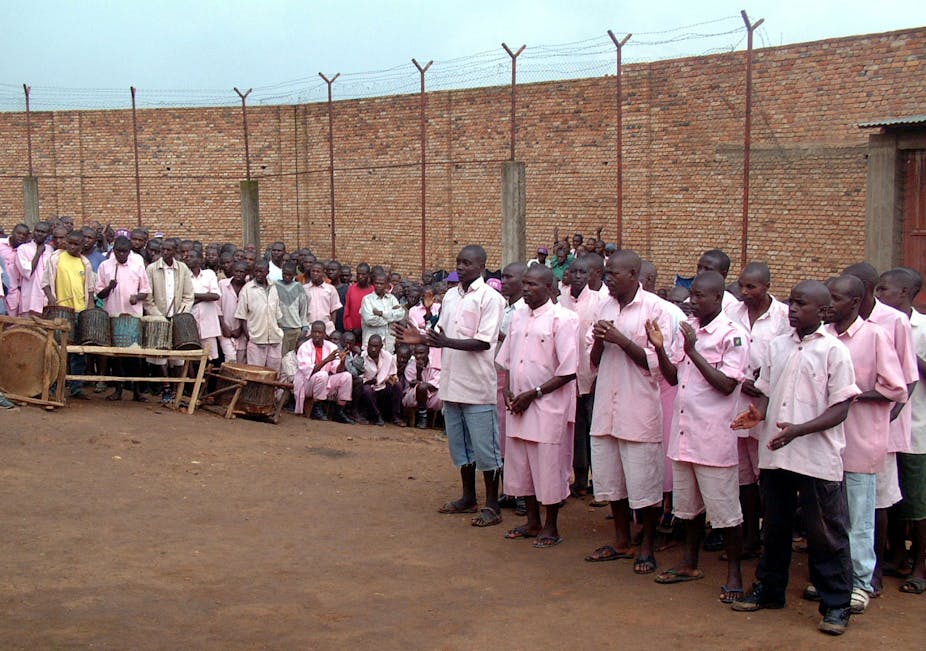By Duke Huang
The experience of visiting a maximum-security prison and a lower-security prison made me realize how important prison abolition movement is. From ending solitary confinement, death penalty, increasing more access to library and legal information, rights to the prisoners to abolishing prisons. Even though it would be almost impossible to abolish prisons now, it is still important to advocate for the prisoners and fighting for their rights. But I do think the end goal should be total prison abolition. If we have much more resources on crime prevention and a culture of being open about emotions and vulnerability, we would not need to spend almost $90 billion dollars on building and maintaining prisons. Moreover, hearing from Lou and the two inmates whom we had a chance to talk to, I believe that change really needs to come from the individuals. Those who are willing to change would use the tools they need to achieve what they hope to achieve, and the current system should provide more resources, such as mental health assistance, arts and crafts, useful skills, to the inmates so that they can get to that point more easily and quickly.
I still can’t accept the fact that we basically build a city just to house a population that we think shouldn’t be in ours, and in order to not see it, we intentionally build it as far away as possible. I was very unease about the normalization of prisons. I do understand that people who work there treat it as their jobs and take it very seriously. But just say this is a prison, and this is how it works here seems to be a bit irresponsible to me. I appreciate the work the prison staffs have done, but I just wish that on the political and cultural level we would take the issue much more seriously than we are now.
Visiting prisons as outsiders can be controversial for all sides. Using the analogy that a prison is like a city, how is it different from us visiting another city as tourists? We visit where they sleep, where they eat, what they eat, where they practice religious beliefs, where they hang out and where they work. Not to mention we have to go through metal detectors and show our ID before going in. I believe that if the goal of the visit is to learn, then we should grab every opportunity we can to learn more about their lives, to experience what they have to go through and hear their own personal stories. Even though we should not normalize prisons, we should also not treat it so differently that we inadvertently disrespect them.
Finally, on the topic of guilt. Personally, I feel guilty all the time, and I do think that sometimes it is impeding me from taking actions. I think what Lou said yesterday is very important that we need to transform our remorse into actions. As much as guilt can be useful in making people apologize and recognize their wrongdoings, it doesn’t solve the problem or change the history. What’s been done is done, what could be done is to address the victim’s needs and to prevent the same thing from happening again. And through that, I think we can achieve both peace and justice.




